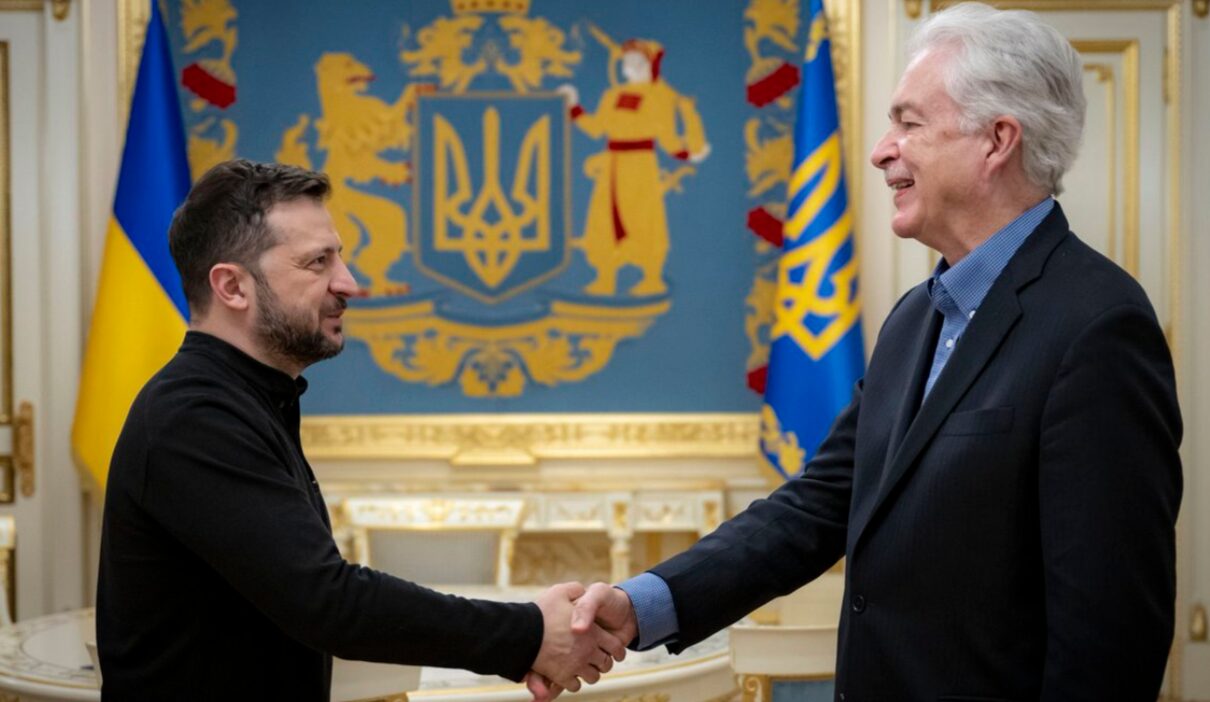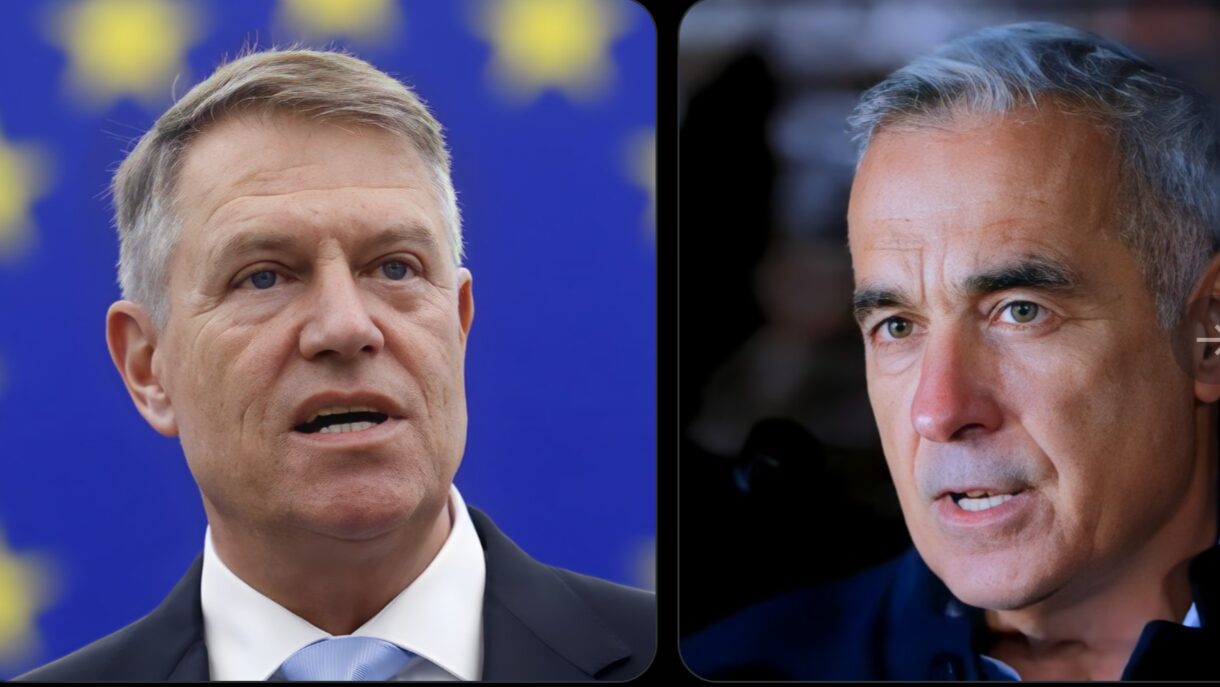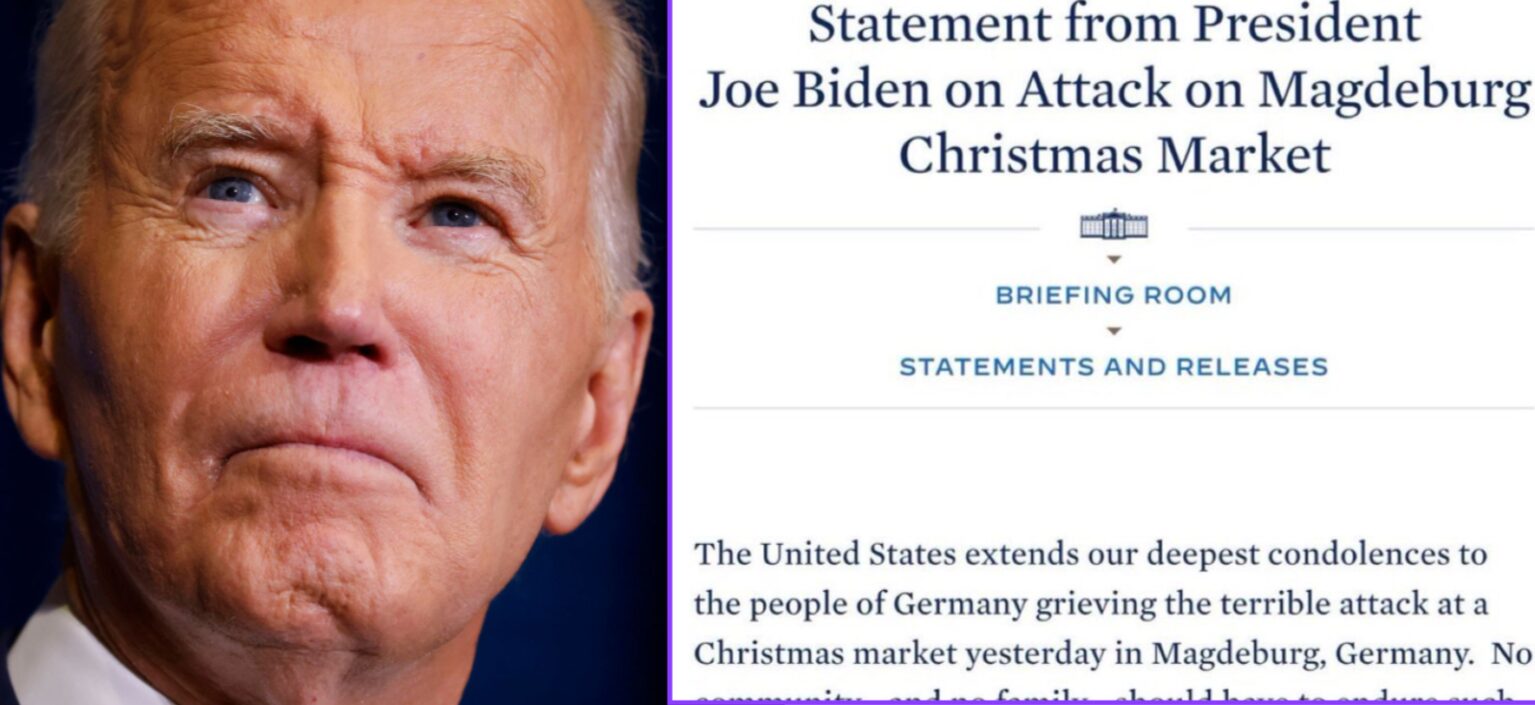Departing CIA Director Bill Burns makes a farewell trip to Ukraine
Departing CIA Director Bill Burns Makes a Farewell Trip to Ukraine
As Bill Burns prepares to leave his post as the Director of the Central Intelligence Agency (CIA) after a distinguished tenure, one of his final acts in office was a significant diplomatic and strategic visit to Ukraine. This visit, which took place in mid-December 2024, was a powerful statement of support for Ukraine amid its ongoing conflict with Russia and underscored the critical role intelligence plays in global geopolitics.
Bill Burns’ Legacy at the CIA
Bill Burns, who has led the CIA since 2021, leaves behind a legacy of navigating some of the most complex intelligence challenges in recent history. A seasoned diplomat and former U.S. Ambassador to Russia, Burns is known for his deep understanding of international relations, particularly in regard to U.S.-Russia relations. Throughout his tenure, Burns was instrumental in overseeing the agency’s operations and its role in shaping U.S. foreign policy.
Under his leadership, the CIA played a pivotal role in gathering intelligence related to the Russian invasion of Ukraine, providing crucial information that helped the U.S. and its allies respond with targeted sanctions, military aid, and diplomatic efforts to support Ukraine’s defense. Burns’ extensive experience in diplomatic channels allowed him to work effectively with foreign intelligence agencies, ensuring that the CIA’s strategic interests were aligned with broader U.S. foreign policy goals.
Now, with his departure from the CIA imminent, his farewell trip to Ukraine represents the culmination of his leadership during one of the most challenging periods in modern geopolitics.
A Symbolic Visit to Ukraine
Burns’ visit to Ukraine in December 2024 was both symbolic and substantive. It highlighted the ongoing U.S. commitment to supporting Ukraine, especially as the country continues to battle Russian aggression, which has escalated since the invasion in early 2022. Burns’ presence in Ukraine was a gesture of solidarity, offering reassurance to the Ukrainian government and its people that they are not alone in their fight for sovereignty and democracy.
During his visit, Burns met with Ukrainian President Volodymyr Zelenskyy, senior intelligence officials, and military leaders to discuss the intelligence-sharing relationship between the U.S. and Ukraine. The CIA has been a key player in providing Ukraine with critical intelligence, particularly in the areas of battlefield tactics, troop movements, and Russia’s strategic planning. The intelligence gathered by the CIA has helped Ukraine’s military forces to effectively counter Russian advances and defend strategic locations.
Burns also took the opportunity to visit various regions affected by the war, including areas in the east and south of the country where intense fighting has taken place. His visit underscored the human cost of the conflict, highlighting the resilience of the Ukrainian people in the face of adversity.
The Role of Intelligence in the Ukraine Conflict
One of the key themes of Burns’ farewell trip was the importance of intelligence in modern warfare. Since the onset of the Russian invasion, intelligence has played a crucial role in shaping the battlefield. The U.S. and its NATO allies have provided Ukraine with critical data on Russian military positions, logistics, and strategies. This has been particularly vital in preventing Russian advances and allowing Ukraine to launch counteroffensives in key areas.
Burns has long recognized the significance of intelligence in modern conflicts. His background in diplomacy and intelligence has made him a champion of intelligence-sharing partnerships, especially with countries facing direct threats to their sovereignty. During his time as CIA Director, Burns worked to strengthen ties with Ukraine’s intelligence community, ensuring that the U.S. could provide timely and actionable intelligence that would help turn the tide of the war.
The U.S. intelligence community has also been instrumental in exposing Russia’s war crimes, including the targeting of civilian infrastructure, which has garnered widespread international condemnation. Through its intelligence network, the CIA has worked to document evidence of these atrocities, contributing to global efforts to hold Russia accountable for its actions.
Strengthening U.S.-Ukraine Relations
Bill Burns’ visit also served to reinforce the strength of U.S.-Ukraine relations. Since the Russian invasion, U.S. support for Ukraine has been unwavering, both in terms of military aid and diplomatic backing. President Joe Biden has made it clear that the U.S. will continue to support Ukraine for as long as it takes, and the intelligence community plays a vital role in maintaining this commitment.
The CIA has not only provided direct assistance to Ukraine but has also worked behind the scenes to facilitate discussions between U.S. officials and Ukrainian leadership. Burns’ visit to Kyiv was a clear message that the U.S. intends to remain deeply involved in Ukraine’s efforts to reclaim occupied territory and defend its borders from further Russian encroachment.
Additionally, the CIA’s work in Ukraine has also involved monitoring the potential escalation of the conflict, including the risks associated with Russia’s use of chemical or nuclear weapons. The U.S. has been closely monitoring Russia’s military capabilities, and Burns’ leadership has been crucial in ensuring that the U.S. government has the best possible information to make informed decisions regarding military and diplomatic strategies.
The Future of U.S. Intelligence Under New Leadership
As Bill Burns prepares to step down, the future of U.S. intelligence under a new director is an important consideration for both domestic and international audiences. The incoming CIA Director will inherit an agency that has played a central role in U.S. national security, particularly in its handling of the war in Ukraine.
The next director will need to continue the work that Burns began, strengthening intelligence relationships with key allies, including Ukraine, and ensuring that the CIA remains at the forefront of global intelligence efforts. With the conflict in Ukraine still ongoing, the role of U.S. intelligence in shaping the outcome of the war will remain pivotal.
The new CIA Director will also have to navigate emerging global threats, including the rise of China, cybersecurity challenges, and other complex geopolitical situations. The lessons learned from Ukraine, particularly in the areas of intelligence-sharing and tactical support, will likely influence future U.S. intelligence strategies.
Conclusion: A Farewell to a Distinguished Leader
Bill Burns’ farewell trip to Ukraine marks the end of a chapter in U.S. intelligence history. As CIA Director, Burns has overseen some of the most challenging global events in recent years, and his leadership will be remembered for its diplomacy, expertise, and commitment to national security.
While his departure is bittersweet, his visit to Ukraine serves as a powerful reminder of the United States’ enduring commitment to its allies and the vital role intelligence plays in shaping the course of global events. Burns’ final trip to Kyiv will likely be remembered as a testament to the strength of U.S.-Ukraine relations and the importance of standing firm in the face of aggression and adversity.

















Post Comment